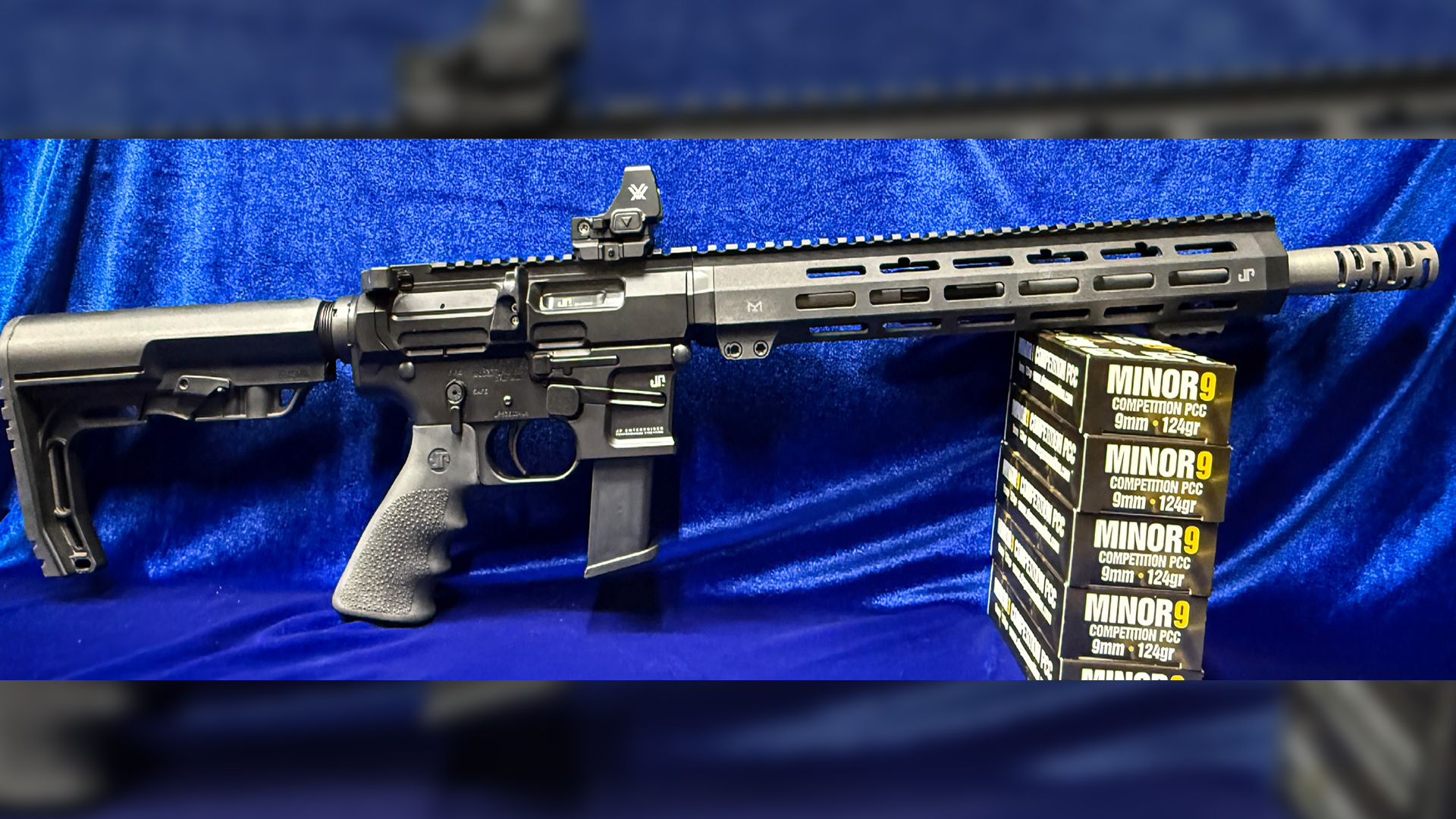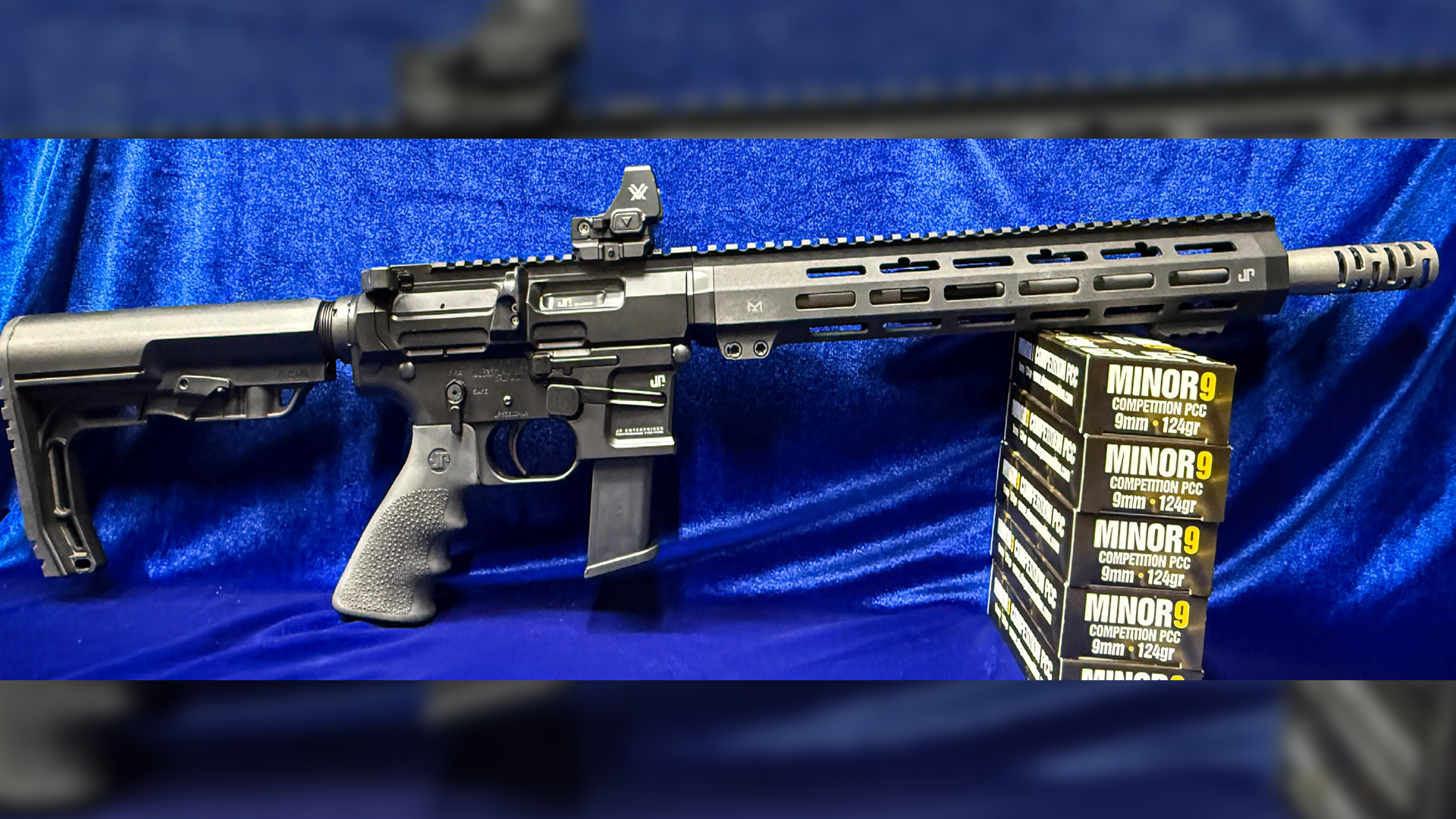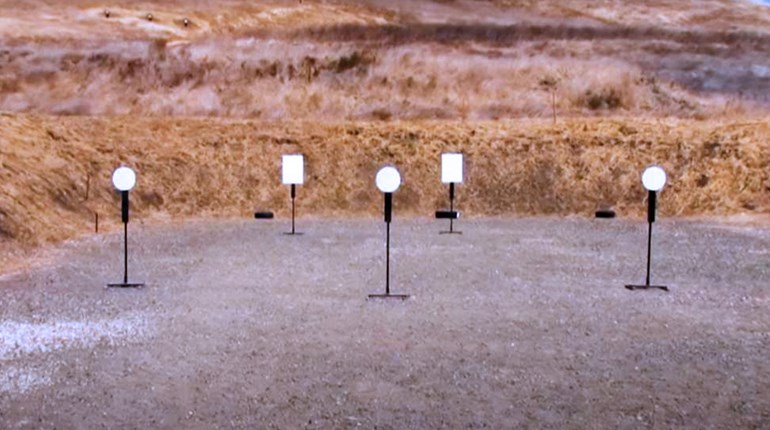
From the vault: How attitude and luck can affect your shooting at a match by Mr. Jimmy Koon. Taken from the transcription of the 1984 NRA Silhouette National Championship seminar where Mr. Koons was a panelist.
Luck and Attitude
As a shooter, you are going to have some good days and some bad days. You can call it biorhythms, luck, or anything else you want, but there are going to be some days when things just aren't going to go right and you might wish you had stayed in bed. I've had some really bad days, but they make me a stronger shooter in being able to accept failure.
Do you think you're lucky or unlucky? I'll wish you luck as you step up to the firing line. Just what is luck? Richard Petty, the NASCAR driver, has defined luck better than I ever could. After winning a very important race, one of the other racers asked Petty if he thought he was lucky? Petty replied, "No." He then asked the gentleman what he thought luck was. The other racer really didn't have an answer so he asked Petty what he thought luck was. Petty replied, "Luck, my friend, is where opportunity meets preparation."
A windless day may give you the opportunity to shoot down all 15 chickens. If you are prepared properly, you may in fact be able to do it. But, even with the best conditions, if you have not prepared, practiced and preplanned, the chances of achieving your goal are going to lessened.
Do you have a truly positive attitude when you get up to the firing line? I try to, I really do, but sometimes it's hard. How many of you have ever seen someone shooting a progressive match miss the first four chickens and then clear everything else? It has happened, but the only way that it will happen is by maintaining a positive attitude. It's debilitating to think, "Gosh, I've already missed four chickens, the easiest ones. They are the bread and butter of the match. How can I ever shoot a good score?" You must have a very positive attitude in order to perform well.
Range conditions are going to vary from place to place. While some ranges are laid out perfectly, others have one or more problems. Range conditions will differ and that can affect your score. If you can overcome worries about the range, you will be on the top end. You should not stop going to a certain range just because you had a bad experience. If you had equipment problems on a specific range, acknowledge that your low score is because your gun malfunctioned or the batteries in your Aimpoint scope are dead. Don't decide prematurely that you'll never get the score you want on that range. A positive attitude will help you get a good score—even on a bad range.
We recommend reading articles by Dr. Raymond Prior for more about how your attitude can alter match performance.
Lead photo courtesy of U.S. Army Marksmanship Unit.
See more: What Is Mental Toughness?



































